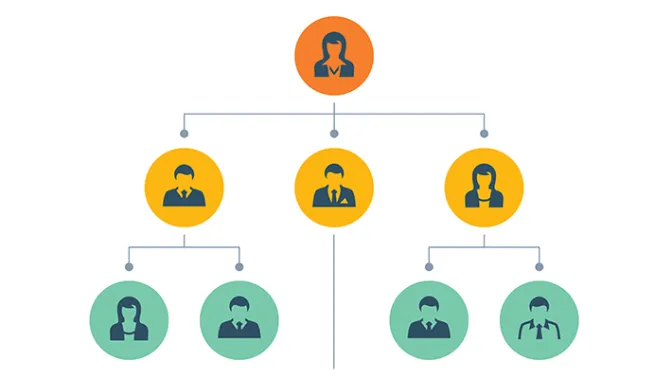
How Deadlines Affect Overall Work Quality
Some people – regardless of their job or the field they work in – derive motivation from an impending deadline. In some environments, though, waiting until very close the deadline to complete a task carries risks and costs, both to the quality of one’s work and to one’s employer or client.
Assistant Professor of Management Jeongsik Lee explores these interrelated factors as he homes in on, as he puts it, “the cost of innovation.” Published with two long-term collaborators, Natarajan Balasubramanian of Syracuse University and Jagadeesh Sivadasan of the University of Michigan, Lee’s research draws from multiple massive data sets: accepted patents, published patent applications, working documents from intellectual property firms, surveys of inventors at global electronics and semiconductor firms and interviews with patent attorneys working in both law firms and in industry. All of this data fed the creation of a formal mathematical model, including quality measurements for both work-process and work-outcome.
Lee says the seed of this research came from one of his colleagues glancing at the calendar and realizing it was February 29 and then, later that same day, noticing a spike in patent applications as measured by Google Patents. Is this just happening today because of the extra day on the calendar, he wondered, or does this happen at the end of every month? That marked the start of an extensive data-gathering process through the US Patent and Trademark Office, Fairview Research and many other sources.
Lee states that there are costs, both financial and non-financial, associated with invention and innovation. Monetary penalties, delays, increased legal fees due to consultation with patent attorneys – all of these factor into decisions made by companies working to develop and patent new products. He also stresses that deadline pressure is greater among inventors working in industry settings, while inventors working on their own may face greater financial pressure in terms of fees paid to intellectual property and patent attorneys; those working within large companies would have more of those costs taken on by their employers.
Additionally, close examinations of patent applications and accepted patents, complete with revision dates and rejection notices, reveals patterns behind when certain tasks are completed. “We are the first to document greater sorting of more-complex tasks close to deadlines,” Lee says.
Lee’s paper, titled “Deadlines, Workflows, Task Sorting, and Work Quality,” was originally published in Management Science.



